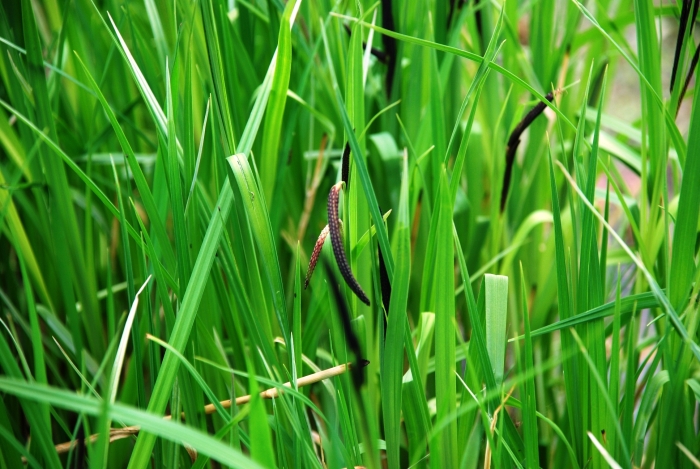Acute Sedge
(Carex acuta)
Acute Sedge (Carex acuta)
/
/

Татьяна Максимова
CC BY 4.0
Image By:
Татьяна Максимова
Recorded By:
Copyright:
CC BY 4.0
Copyright Notice:
Photo by: Татьяна Максимова | License Type: CC BY 4.0 | License URL: http://creativecommons.org/licenses/by/4.0/ | Rights Holder: Татьяна Максимова | Publisher: iNaturalist | Date Created: 2008-05-02T12:27:04-07:00 |
























Estimated Native Range
Summary
Carex acuta, commonly known as acute sedge or slim sedge, is a perennial herb that is native to a wide range of wetland habitats including the margins of rivers and lakes, wet meadows, and marshes across the Palaearctic terrestrial ecoregions. It is particularly prevalent in northern France, the Low Countries, Central Europe, the Sava and Drava valleys of Croatia, the northern Morava valley of Serbia and Romania, north to Poland, the Kaliningrad District, Lithuania, Latvia, southern Scandinavia, the Dnieper basin of northern Ukraine, southern Belarus, and the lower Volga Valley. Acute sedge typically grows to a height of 20-80 cm and forms dense clumps of narrow, grass-like leaves. The plant produces inconspicuous greenish-brown flowers from late spring to mid-summer, which are followed by small, brown seed capsules.
Acute sedge is valued for its ability to stabilize soil and filter water in riparian zones, making it an excellent choice for naturalizing wet areas and for use in rain gardens and water features. It is also used in constructed wetlands for wastewater treatment. This sedge prefers full sun to part shade and requires consistently moist to wet soil conditions. It is tolerant of both alkaline and slightly acidic soils. While generally low-maintenance, it can become invasive in some conditions, spreading by rhizomes to form large colonies. Gardeners should be aware of its potential to spread when considering it for landscape use.CC BY-SA 4.0
Acute sedge is valued for its ability to stabilize soil and filter water in riparian zones, making it an excellent choice for naturalizing wet areas and for use in rain gardens and water features. It is also used in constructed wetlands for wastewater treatment. This sedge prefers full sun to part shade and requires consistently moist to wet soil conditions. It is tolerant of both alkaline and slightly acidic soils. While generally low-maintenance, it can become invasive in some conditions, spreading by rhizomes to form large colonies. Gardeners should be aware of its potential to spread when considering it for landscape use.CC BY-SA 4.0
Plant Description
- Plant Type: Grass
- Height: 1.5-3 feet
- Width: 1.5-2 feet
- Growth Rate: Moderate
- Flower Color: N/A
- Flowering Season: Summer
- Leaf Retention: Deciduous
Growth Requirements
- Sun: Full Sun, Part Shade
- Water: High
- Drainage: Medium, Slow
Common Uses
Bank Stabilization, Erosion Control, Low Maintenance, Water Garden
Natural Habitat
Wetland habitats including the margins of rivers and lakes, wet meadows, and marshes
Other Names
Common Names: Thin Sedge, Black Sedge
Scientific Names: , Carex acuta, Carex acuta f. amblylepis, Carex acuta f. fluviatilis, Carex acuta f. graciliflora, Carex acuta f. gracilis, Carex acuta f. pedicellata, Carex acuta f. personata, Carex acuta f. tourangiana, Carex acuta f. touranginiana
GBIF Accepted Name: